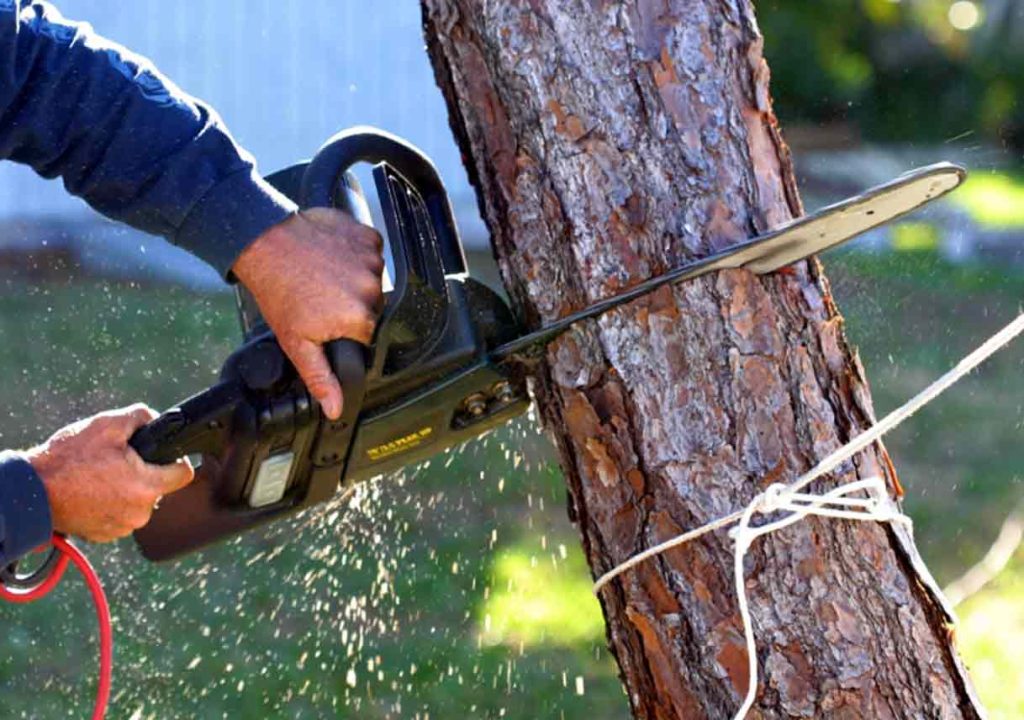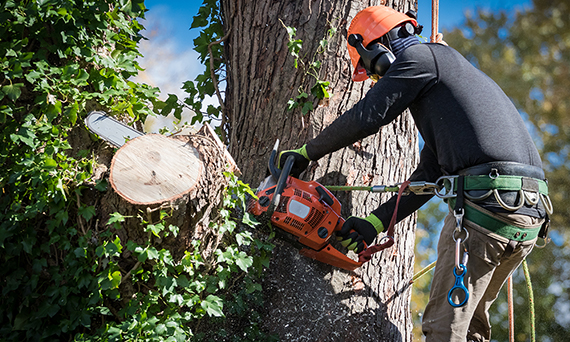All Categories
Featured
The removal of trees can create open areas that are at risk to weed invasion. When trees are existing, their dense covers typically color the ground, limiting the quantity of sunlight that gets to the soil. Nevertheless, after the elimination of trees, these open areas get enhanced sunshine, supplying perfect conditions for weed development.

They might suggest the use of compost, which acts as a protective barrier on the dirt surface area, protecting against weed seeds from sprouting and reducing weed development.

The existence of trees promotes an abundant and varied community of soil germs. Tree origins supply a source of raw material, exudates, and nutrients that sustain the growth and activity of helpful dirt bacteria. When trees are gotten rid of, the absence of their origins can interrupt the fragile balance of the dirt's microbial environment.
What Is The Average Cost Of Tree Cutting Wollongong Services?
This modification in pH can affect vitamins and mineral availability, microbial task, and overall soil health. To resolve the results of tree reducing on soil pH, tree elimination specialists can give beneficial guidance. They may suggest dirt screening to assess the existing pH levels and figure out the required modifications. Based on the outcomes, professionals can recommend pH adjustment approaches, such as including lime to increase dirt pH or integrating elemental sulfur to reduce it.

It refers to the compression of dirt bits, causing reduced pore room and increased soil thickness. This compaction can negatively impact the soil's ability to work ideally, influencing its water-holding capability, nutrition accessibility, and root infiltration. Correct strategies employed by tree removal experts can aid reduce compaction and maintain the dirt's capacity to preserve water, and enable sufficient airflow and careful equipment handling.
Latest Posts
What Is The Best Palm Tree Removal Wollongong Product?
Which Is The Best Tree Cutting Services Wollongong Company?
Which Is The Best Wollongong Council Tree Removal Company?